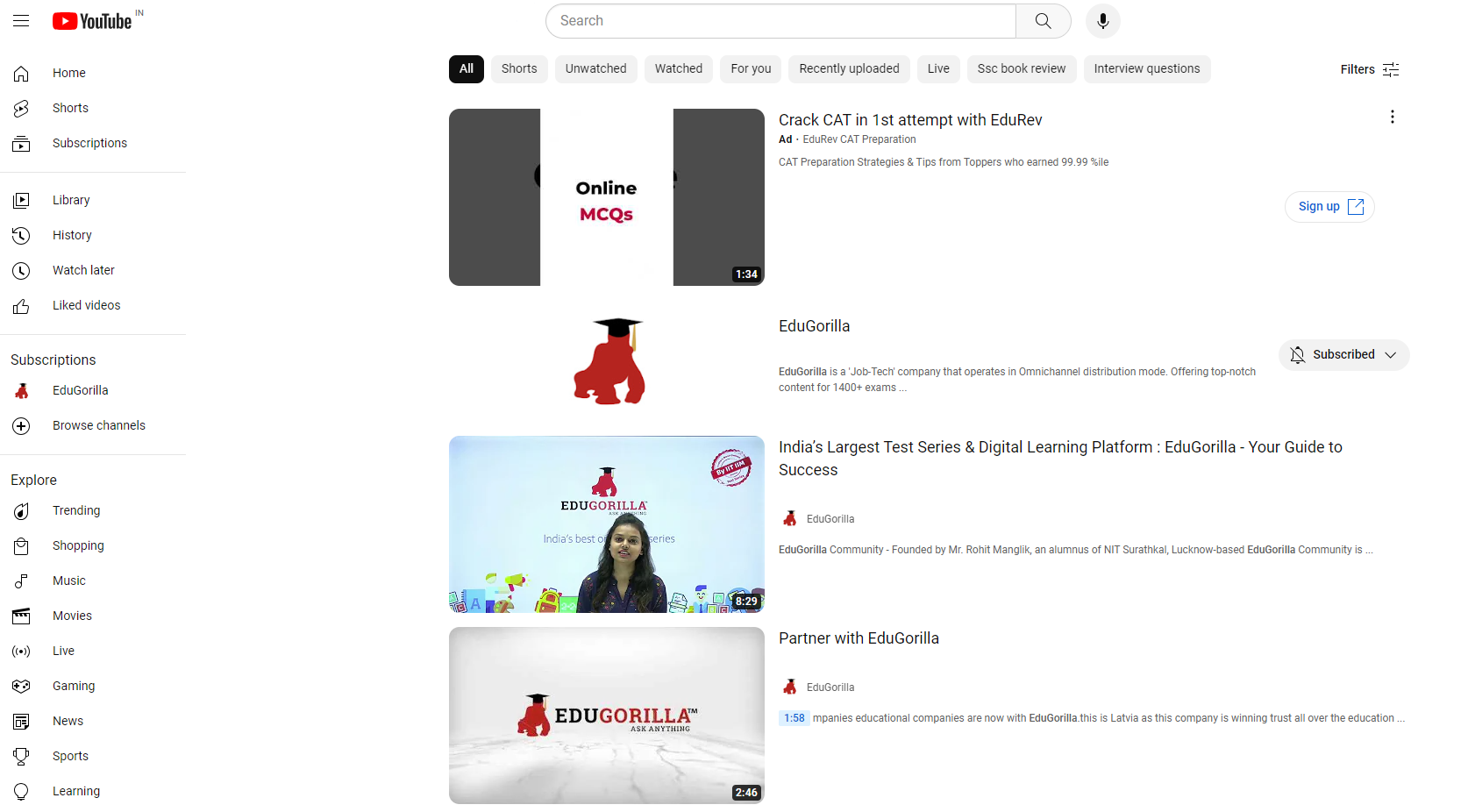Today’s youth are baffled by the shift in society’s value system, which has led to several issues. To overcome all these negative traits they need to be taught values along with the practical meaning of it.

- The benefits of education include traits such as patience, tolerance, honesty, and sympathy.
- This will improve your positive mindset rather than your negative attitude.
- Children must grow in all aspects so that they can serve the nation more democratically, socially, cohesively, and responsibly.
What is meant by “Values”?
- Values and morals are beliefs and aspirations that serve as a general guide to behavior or a point of reference in decision-making.
- It is a collection of concepts that guide the behavior norm. Values are desired and highly regarded.
- They strengthen a person’s character by having a vital position in his life.
- Values are guiding concepts that determine our perspective, emotions, and behavior.
- Moral values provide a realistic picture of a society’s or nation’s progress. They inform us how far a civilization or nation has progressed.
What is Value Education?
There are several definitions of the value education system by different philosophers which are mentioned belong given points.
- By values and morals, we mean a person’s perception of what is desirable, as opposed to what he truly desires.
- Value education essentially refers to the process of valuing something, esteeming it, and appraising it, as well as the act of pronouncing judgment on the kind and quantity of its value in comparison to something else.
Need of Value Education
In these times there is a tremendous degree of moral decay in society. The following are the primary causes of moral degeneration –
- A disregard for the dignity of human life.
- Parental influence over children in homes is eroding.
- There is a lack of regard for authority.
- Lack of regard for other people’s and property rights.
- To instill cultural and societal values.
- To help children to discriminate between what is good and what is harmful.
- To shape the conscience of children.
- To uphold society’s traditions.
To fix all of these types of difficulties, you must first understand the root causes of the problems listed above. We realize that today’s youngsters will be tomorrow’s citizens. If we provide a good education to today’s youngsters, the future generations will be better off.
The value education study’s major goal is to plant morals and value-based teaching in schools and colleges, as well as to learn about intermediate students’ attitudes regarding moral principles.
Objectives of Value and Morals Education
- Complete development of a child’s personality in all aspects: physical, mental, emotional, and spiritual.
- Good manners, accountability, and cooperative citizenship are instilled.
- Increasing respect for both the person and society.
- Establishing a sense of patriotism and national unity.
- Creating a democratic mindset and way of life.
- Increasing tolerance and understanding of diverse religious faiths.
- Creating a sense of human brotherhood on a social, national, and worldwide scale.
- Assisting youngsters in developing trust in themselves as well as in a divine force and order that is believed to govern the cosmos and human life.
- Providing youngsters with the ability to make moral decisions based on good moral beliefs.

Types of Value Education
To understand what is value education we need to see what it can be classified into. Values and morals may be classified into a number of distinct categories.
1. Personal values
Personal values are those that you adopt for yourself and which form an important part of your values and are manifested in attitudes, beliefs, and actions. Personal values, such as responsibility, honesty, and loyalty, might be valued.
2. Social Values
Social principles prioritize the rights of larger groups of individuals. Equality, liberty, freedom, justice, and national pride are examples of such values. These are frequently implanted in us as children.
3. Political Values
Political ideals are ideologies regarding the best way to manage a country or organization, such as democracy, welfare, and civic duty.
4. Economic Values
Economic values revolve around money and may include views about property ownership, contributing to the common good (taxes! ), supply and demand, and so on.
5. Religious Values
Religious values are spiritual in origin, and they contain views about how we should spend our lives.
Value Education In India
Value Education has always been a priority in India, dating back to ancient times. From the gurukul stage, the kid learned not only reading and archery abilities but also the philosophy of life with respect to its place in our life. Value education is referred to as moral education or moral science in the modern educational system.
The Education Commission (1964–1966) advocated for moral, social, and spiritual qualities at all levels of education. UNESCO believed that the educational system should promote principles such as world peace, international understanding, and human solidarity.
Role of Teachers in Value Education
Teachers have an important role in educating and defining direction. The following responsibilities are crucial:
- A teacher must act as an agent who excites, provokes, educates, and activates students to value issues in their lives.
- The instructor should make the students think and reflect on human behaviors and events by actively engaging them in conversation, discourse, and practical exercises.
- They should contribute to the formation of high ideals and values by fostering an atmosphere of love, trust, collaboration, and security in the school.
- The institutional procedures at the training institution should assist instructors in developing these competencies by giving actual scenarios and opportunities, as well as actively involving them in suitable learning experiences.
- Students should be instilled with a sense of patriotism.
- Raise awareness of future concerns, particularly those relating to food, water, energy, the environment, pollution, health, and population.
- Give equal weight to all pupils, regardless of caste, creed, gender, or financial status.
ABOUT GIBBON
Gibbon is a Plug and Play solution offered by EduGorilla, for anyone with a skill to teach. Gibbon helps you to take your classes online and earn independently.
- Gibbon gives you the ability to conduct & record LIVE classes, host unlimited video courses, provide online mock tests, and conduct online tests with LIVE proctoring abilities.
- Gibbon also provides you ready-made content of 1600+ Competitive, Entrance, and Academic exams from around the country.
- Gibbon helps you reach out to more students online and get a complete marketing setup.
- We have helped more than 3000 Brands, 10000 Institutes, 20000 Teachers and 2 Crore Students, transform their education and future.
Gibbon stands for “Online-Ready Teachers for a Future-Ready India”.
To get started, book your free demo now.






